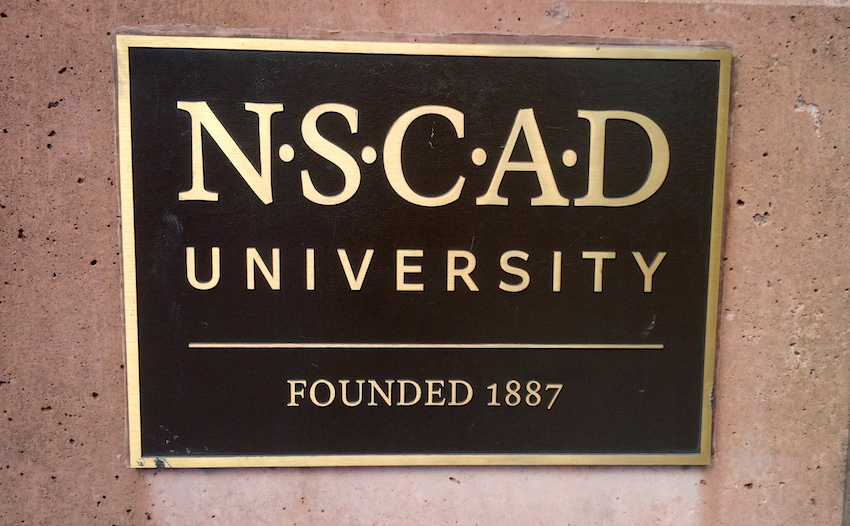Dear members of the NSCAD community,
This week the World Health Organization declared COVID-19 an international pandemic. While this has not changed the Provincial Health Officer’s assessment that the risk of transmission in Nova Scotia remains low, it is cause for serious concern.
In light of this uncertain global situation, I am writing to assure you that the health and safety of students, faculty, staff and visitors to our campuses is our primary focus and priority. With this in mind, we have taken steps to respond to the situation as it has developed, based on direction from the Nova Scotia Public Health Authority, our regional health authorities and the Council of Nova Scotia University Presidents (CONSUP).
NSCAD convened a COVID-19 Crisis Management Team (CMT) in February. I am leading the CMT, supported by our VP Academic and Research, Dr. Ann-Barbara Graff. The CMT membership includes faculty, staff and students who have been working with personnel from across the university to implement measures to reduce the risk of transmission of COVID-19 on our campuses, and to respond should any such transmission occur. This group is working closely with health organizations and other Nova Scotia and Canadian universities to gain expert guidance on how best to manage this situation.
NSCAD has also activated our emergency response processes, and the university’s Senior Leadership Team is working closely with Senate to approve policy decisions and resources required to respond to the situation as it evolves, and to prepare for future actions that may be required to ensure the health and safety of our community.
Dr. Graff will continue to issue information updates by email. I also encourage you to visit the Frequently Asked Questions section of our website. This section will be updated regularly as new information becomes available. If you have questions to which you cannot find answers, please email communication@nscad.ca for assistance.
The best way to protect yourself and others is to practice social distancing (to increase the distance between yourself and others), to stay home if you feel ill, to observe proper hand hygiene practices, and to follow travel advice issued by public health authorities.
I wish to express my thanks to those across the university who are working hard to keep us safe in the face of this evolving health threat. I am also grateful to members of the university community for your efforts to follow prevention recommendations, and to be diligent in seeking accurate information from trusted, expert sources.
In closing, let me reiterate what Dr. Graff said in our most recent Crisis Management Meeting: “It is a challenging and uncertain time. Please be kind to one another.”
Sincerely,
Dr. Aoife Mac Namara
President
NSCAD University
![]()

